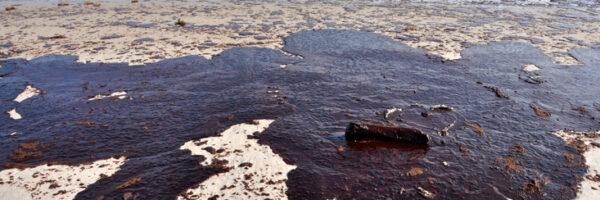
California’s New Misdemeanor Diversion Law Sparks Confusion
A new law passed recently in California has been a cause of concern for judges and prosecutors alike. The law, introduced as an assembly bill last year by Assemblyman Phil Ting, enables judges to allow diversion for first-time misdemeanor offenders convicted in DUI cases.
The law, it is claimed, conflicts with another existing state Vehicle Code section that forbids courts from granting diversion from criminal penalties to DUI offenders. The two contradicting laws have left attorneys fighting over their interpretation. Judges are confused, too, as can be seen from the disparity in judgments. While some judges have ruled in favor of diversion, others have denied the same to offenders.
Several district attorneys in Los Angeles, Riverside, and Sacramento counties have challenged the law in Superior Court appellate divisions. Most attorneys also expressed concern over the interpretation of this law. One reason is the amount of accidents caused by drunk driving. San Luis Obispo car accident lawyers, Roberts and Spiegel share this concern in the area they serve clients.
A Confusing Situation
With confusion rising, defense attorneys and prosecutors have asked for clarification from higher courts on this issue. New legislation is the need of the hour to solve this crisis.
There have been several petitions by criminal defense lawyers to grant diversion to their clients charged with DUI, but the results are far from uniform. Moreover, the new law has been equally confusing for judges, torn between which way to go while dealing with such cases.
A Disparity In Court Rulings
As per the new legislation falling under the state penal code, the judges can grant diversion in misdemeanor DUI cases based on their discretion. They need to take the severity of the offense into account, though – with the blood alcohol levels, driving speed, area, and extent of damages being some of the deciding factors governing the judgment.
Also, if the defender driving under the influence is charged with causing injury to another person, it is considered a felony offense. Therefore, such offenders are charged with criminal penalties and are not qualified for receiving diversion.
Receiving a diversion judgment is equal to a dismissal of the case. The offender is granted a window of 24 months, during which the criminal proceedings against them are halted. They are expected to complete a program within this period that includes counseling sessions, frequent AA meetings and regularly report the progress to the judge. All the charges against the offender are dismissed if they complete the program within the specified time. Their criminal records (for the particular case) are also erased.
With this law coming into effect, prosecutors have brought Vehicle Code Section 23640 to the court’s notice. As per this section, DUI offenders are not eligible for diversion.
Unfortunately, this has caused incontinence in the type of judgment provided in DUI cases. While several county judges have ruled against diversion in DUI offenses, others have made their judgment in its favor.
The disparity of rulings is evident – as to whether an offender will be granted diversion or not depends not on any fixed legislation but on the judge making the ruling.
Reactions On The New Law
Mixed reactions have been observed on the passing of this law. While some believe that this might positively decrease future offenses, others are skeptical of the same.
According to Patricia Rillera, the California state executive director for MADD (Mothers Against Drunk Driving), this law may undermine the seriousness of the offense. The organization has successfully decreased the number of DUI-related deaths and violations over the past several decades. And this law might very well undo a lot of the work.
At present, some bills have been introduced to clarify or tighten this law. However, until then, the confusion over the two contradicting laws will likely prevail.

